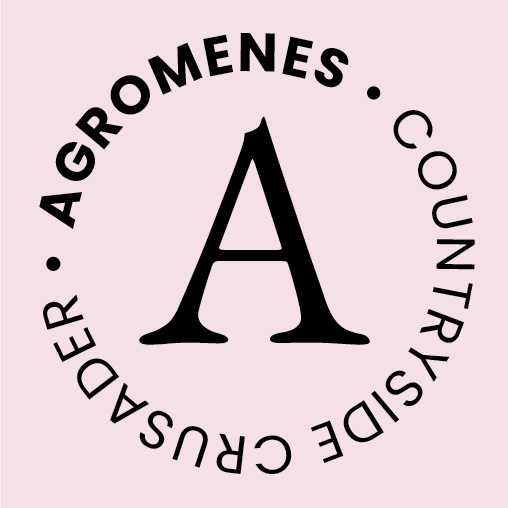
Agromenes had high hopes for the incoming Labour Government, particularly after the bombast, dogma and drift that had so often characterised its very unconservative predecessors.
Sadly, in the party’s first year, much has unravelled nationally, but nowhere more starkly than in the countryside. It promised so well. Committed to protecting the family farm, Sir Keir Starmer’s party said that public authorities — Government departments, local councils, the NHS and our Armed Forces — would all have a ‘buy British’ food policy, so that at least 50% of their purchases would be grown here in the UK. It was this undertaking that has been regularly restated as the proof of Labour’s commitment to the countryside, particularly when other policies have clearly harmed rural Britain.
What a chance they had! Victories in rural constituencies all over the country, from Suffolk Coastal to Camborne and from Thanet East to Penrith — this was the opportunity of a lifetime for Labour to recover its historic rural political support. Instead, the 'family-farm tax', the removal of help for village pubs, the abrupt termination of the Sustainable Farming Incentive support scheme, the cuts in Defra’s already stretched resources and the damage done to the rural hospitality industry by the ill-placed increases in employment taxes — all this has added up to total disillusion in the countryside.
In a recent poll by the Country Land & Business Association of 500 farmers, not a single one intended to vote Labour and a whopping 60% had considered selling up and getting out of agriculture altogether. No wonder 89% had paused or delayed investment since the Budget — and this a verdict on a Government committed to an agenda for growth.
'The Ministry of Defence openly admitted it had no idea of the source of the food it provides for our Armed Forces'
Faced with this criticism, ministers have consistently said their commitment to British agriculture and the countryside was shown by its determination that public authorities would source 50% of their food purchases from UK farmers. In the devolved administrations in Scotland and Wales, which the Government doesn’t control, there is evidence that this is beginning to happen, with specific policies being introduced and supported. Yet in England, farmers haven’t seen any notable action and ministers have failed to provide proof that their policy is being implemented. Indeed, it took a host of Freedom of Information demands from the Countryside Alliance (CA) before the true picture began to emerge.
It asked 19 central Government departments to delineate their policy on buying British food. Only one had such a policy: the Foreign, Commonwealth and Development Department. The Department of Health could at least provide figures that showed a commendable 72% of food sourced at home, but that was for 2023–24 — before Labour took office. No other department could produce any figures at all and the Ministry of Defence openly admitted it had no idea of the source of the food it provides for our Armed Forces.
The situation was no better in the 215 local councils that were forced to reply to the CA under the Freedom of Information Act. Only 12% had any data at all! There is no national policy and no measurement of the facts. There’s a crumb of comfort from a mere three English county councils — Suffolk, Cornwall and Rutland. They have all passed motions supporting measures to buy British food. Notably, none of them are run by Labour, so, even at the local level, the party’s commitment is not being implemented.
Exquisite houses, the beauty of Nature, and how to get the most from your life, straight to your inbox.
With four more years of this Government and a lack of a serious alternative, it is essential that Labour changes course. It should start by keeping its promises and ensuring taxpayers’ money is spent on home-produced food.
Agromenes is Country Life's countryside crusader. They have written about rural issues in the magazine each week for the past 25 years.

